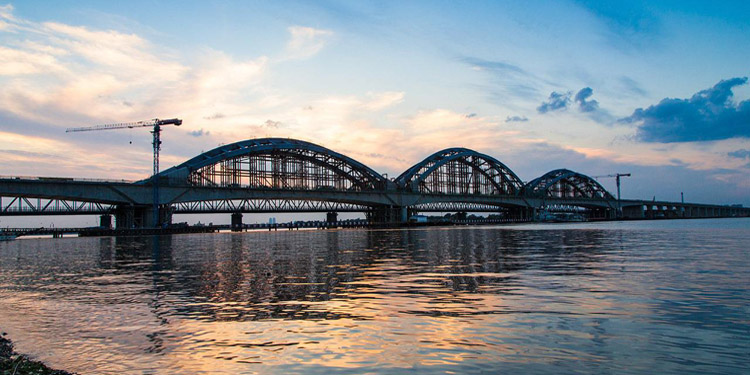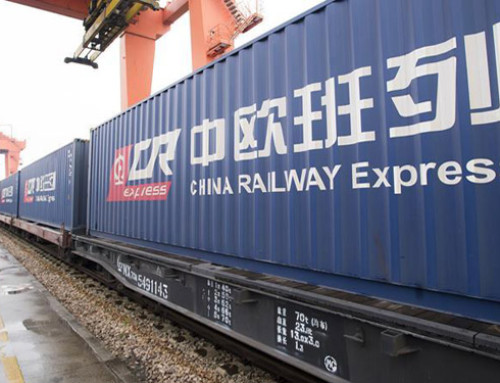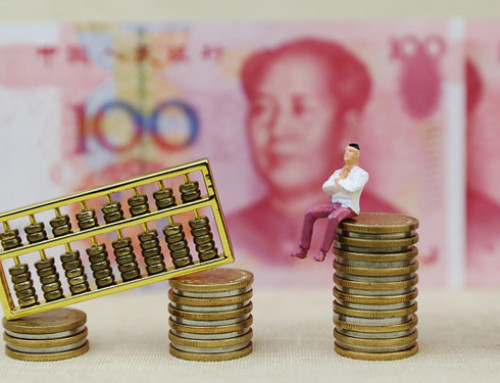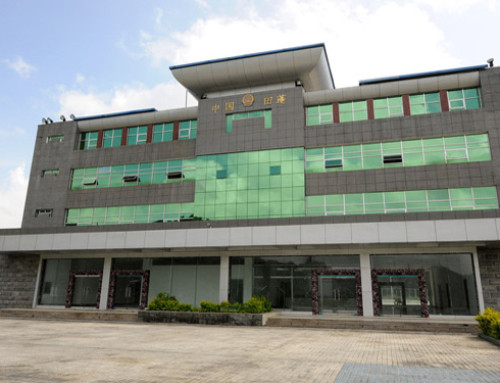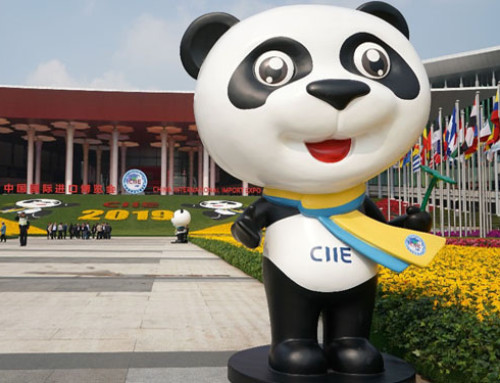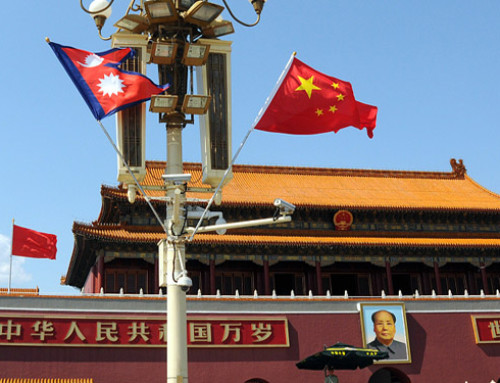The first cross river rail bridge connecting China and Russia was connected from both sides on Wednesday, further paving the way for the bridge to operate within this year.
The bridge across Heilongjiang, Russia’s Amur River, will connect Tongjiang City in Heilongjiang Province in northeast China and Nizhneleninskoye in Russia.
The main bridge spans 2,215 meters, of which 1,886 meters are located in China. Construction of the bridge began in February 2014 with a designed annual throughput of 21 million metric tons.
Qi Jintian, secretary of the Tongjiang Bridge Construction Command, said that the construction work of the Chinese side has been completed.
The newly built connection point connects the Chinese and Russian construction in Russia.
However, the Russian railway has not yet been fully laid. Qi said that the actual completion of the bridge is expected to be completed in July.
Li Huachao, chief engineer of the Tongjiang Bridge project operated by China Railway Bridge Engineering Group Co., Ltd. (MBEC), said that when the Sino-Russian border is not crossed, the completion of the bridge will end its history. River Railway Bridge.
The project will also help to develop an international corridor linking the Northeast China Railway Network with the Russian Siberian Railway Network.
“The transport capacity of both parties will be greatly improved, as they will no longer be affected by seasonal weather conditions, which usually have an impact on river transport,” Li said.
According to Song Kui, a researcher at the Heilongjiang Provincial Academy of Social Sciences, this bridge is expected to become the main transportation corridor between China and Russia and play an important role in promoting global and Northeast Asian trade.
He said that the operation of this bridge will also contribute to the revitalization of the Northeast and promote trade and economic development in Heilongjiang Province.
According to Song, in 2018, Heilongjiang’s total import and export value to Russia was 122 billion yuan ($18.2 billion), accounting for 69.8% of the province’s total import and export value, accounting for 17.3% of China’s total imports and exports to Russia.
Song said that this figure increased by 64.7% year-on-year.
Among them, Heilongjiang Province exported 7.46 billion yuan to Russia, down 29.5%. Imports from Russia to the province increased by 80.4%, a record high, reaching 114.6 billion yuan.



